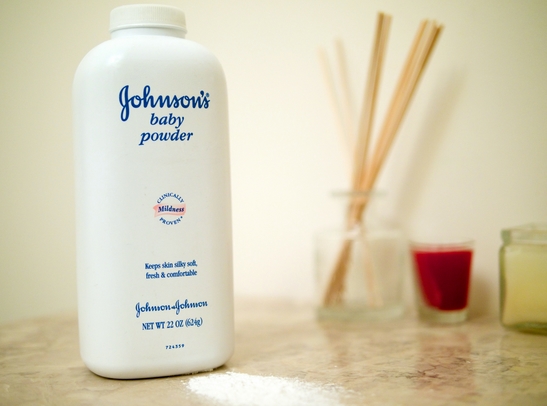
A California judge has issued a landmark ruling that affirms the cancer-causing effects of glyphosate, the primary active ingredient in Monsanto's Roundup herbicide.
San Francisco Superior Court Judge Suzanne Bolanos ultimately sided with jurors in the case of Dewayne Johnson, a school groundskeeper who developed a severe and fast-moving form of non-Hodgkin's lymphoma from repeated exposure to Roundup and Ranger Pro, two popular Monsanto (now owned by Bayer) weedkiller products.
The original verdict called for Bayer to hand over $289 million in damages to Johnson, though pending an agreement from Johnson's lawyers, that amount could be reduced to $39 million. Either way, the ruling represents a landmark decision since it's the first time that a court has ever ruled in favor of plaintiffs suing Monsanto.
Reports indicate that Judge Bolanos had originally intended to rule against Johnson. But after receiving letters from at least five of the jurors who urged her to uphold their decision, she ultimately agreed, setting a new precedent against the safety of Roundup and glyphosate.
"According to an earlier hearing, the judge toyed with the idea of dropping the damages altogether," wrote a brokerage alpha in a note to clients. "Now, however, the judge made a U-turn and confirmed the jury's previous verdict."
For more related news, be sure to check out Glyphosate.news.
This one single ruling shaves 10 percent off Bayer's value as a company
The ruling is good news not only for Johnson, but also the more than 8,000 other similar lawsuits pending against Monsanto-Bayer, many of which claim similar harm from exposure to glyphosate and Roundup.
Reports further indicate that this single ruling all by itself has delivered a huge blow to the German chemical giant, wiping away a whopping 10 percent of the company's value. This could balloon further once the rest of the lawsuits make their way through the justice system.
As Natural News reported back in 2016, it's an undeniable fact that glyphosate isn't the innocuous agriculture chemical that Monsanto has long claimed. The chemical is known, based on animal, human cell, and human epidemiological and clinical case studies to damage the liver and kidneys, disrupt hormones, impair reproductive ability, damage gut bacteria, corrupt DNA, and promote cancer.
"Even at very low doses of exposure, glyphosate kills placental, embryonic, and umbilical cells," writes Mike Adams, the Health Ranger. "Glyphosate is associated with genetic damage (mutations), including chromosomal aberrations, even at doses below those recognized as 'safe.'"
As for how Johnson and his lawyers plan to proceed with the amount of damages they plan to accept as part of the ruling, it's safe to say that everyone in-the-know about Monsanto's endless crimes against humanity is hoping and praying for maximum damage to be inflicted against the world's most evil corporation.
"The evidence presented to this jury was, quite frankly, overwhelming," stated Johnson's lawyers, seemingly suggestive of no capitulation to calls by Monsanto for a reduced judgment.
While the U.S. Environmental Protection Agency (EPA) continues to deny the evidence showing that glyphosate does, indeed, cause cancer, the World Health Organization's (WHO) International Agency for Research on Cancer (IARC) back in 2015 declared the opposite, stating that glyphosate is "probably carcinogenic to humans."
This decision was accompanied by WHO's reclassification of glyphosate as a Category 2A substance, meaning it has the strong potential to cause cancer in those exposed to it. Based on these findings, and the ruling in Johnson's case, Monsanto-Bayer is likely going to be hit hard by a continued onslaught of lawsuits that, in the end, just might lead to this multinational corporation going belly up.
To keep up with the latest happenings with Monsanto, be sure to check out Monsanto.news.
Sources for this article include:
Please contact us for more information.





















